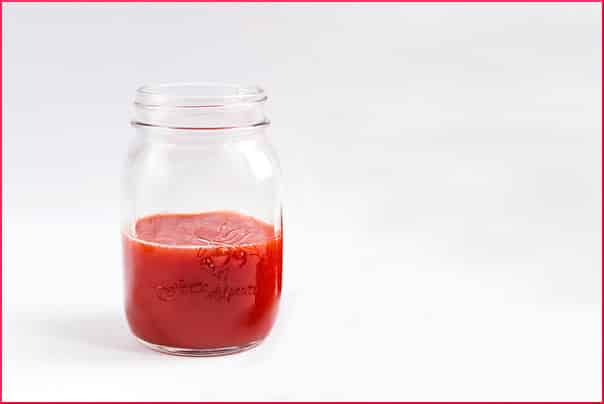
“Ultimately one reformulated product and two new products were developed.”
Several years, around $12 million, and the combined efforts of four global corporations, seven less massive businesses, and seven institutions of higher learning. All for two new products. All for a yogurt pudding and a tomato juice.
This was SATIN, a massive European project designed to identify any appetite-suppressing substances found in nature or developed through previous research, and incorporate them into foods. One purpose of this huge undertaking was to discover what mechanism, in the human mind and/or body, says, “Stop eating now, you had enough.” Another purpose was to harness and multiply the “enough” signal, and make it work for the benefit of all overweight and obese people.
The researchers wanted to know how to do this by changing the basic structure of foodstuffs in any possible way. In the multi-phase study, one stage alone ultimately generated more than 80 different prototypes. It’s not as if the researchers didn’t try, as evinced by this excerpt from the final report:
Existing whole foods (natural raw materials), such as fruits and vegetables/drinks, dairy foods/drinks, meat/fish (meal components), beverages, breads and nutritional bars […] were modified by means of specific processing techniques including homogenization, fermentation, restructuring, heat treatment, inclusion of raw fibers, blending, protein modification, inclusion of cultures with potential satiating effects and gastro-protective coating techniques.
All that work, and nothing worked. Among the intervention outcomes, weekly weight change was not impressive. Nor were the changes in body composition and fat mass, or waist and hip circumference, or blood pressure. Admittedly, “The intervention reduced participants’ resting heart rate and fasting blood glucose, and increased their cardiovascular fitness.” The effects on psychological stress and anxiety did not revolutionize anything.
The enormous study used a roster of (20 named) behavioral and psychometric tools with such titles as Food Thought Suppression Inventory, Craving For Sweet Foods, Control of Eating Questionnaire, Liking and Pleasantness of Food, Extended Satisfaction with Life Scale, and Self-Report Measure of Quality of Life. If more than one questionnaire was to be issued at the same time, the researchers would considerately fold them into a single-document consolidated questionnaire.
A missed clue?
The fact that so very many questionnaires have been invented to plumb the human psyche might be significant in itself. Maybe, in the question of satiety, the physical body bears much less responsibility that we have believed up until now. Could it be that whatever we think we know about the satiety cascade is all based on a misunderstanding? Maybe the much-vaunted hormones really don’t have a heck of a lot to do creating or abating hunger.
Could the whole “enough” thing simply be about crude somatic dimensions? This quotation is from Dr. Pretlow:
I think there is evidence that the gastric capacity of obese individuals increases with progressive obesity, implying that stomach stretching occurs with repeated overeating, and resulting lack of fullness feeling. Comfort eating is quelled only by the discomfort of gastric distention, although a book on binge eating notes that binge eaters will eat until “painfully full.” This is similar to skin pickers picking their skin until it is too painful to continue. The displacement of stress is a powerful thing!
As Dr. Pretlow also notes, psychiatrists and psychologists seem to have abdicated from the treatment of obesity, leaving the field to experts in everything south of the brain. But is it possible that all the research into the physical qualities of food and beverages has amounted to a vast amount of wasted effort?
Your responses and feedback are welcome!
Source: “SATIN Report Summary,” Europa.eu, 07/25/17
Photo credit: Marco Verch on Visualhunt/CC BY

 FAQs and Media Requests:
FAQs and Media Requests: 











